
growth and connection:
Building momentum through community support
In this year’s issue of Rehab Impact, we celebrate as always the incredible dedication of members of the Faculty of Rehabilitation Medicine in education, scholarship and research, and service. We are growing as a Faculty, in many ways — and I’m so proud to share highlights that show the broad range of our activities. I also want to acknowledge the significant role of our relationships with partners outside our Faculty — both at the University of Alberta and across this province — in contributing to this growth.
Highlights
Celebrating our impact 2023-24
Our students work towards careers in speech-language pathology, physical therapy, occupational therapy and rehabilitation science. Our researchers focus on neuroscience and mental health, children’s health and wellness, language and literacy, and the prevention and management of chronic health conditions. Community-based clinics provide services to patients and clinical experience to students. We support communities facing barriers to access. We are the Faculty of Rehabilitation Medicine.
$3,160,645
Thank you! This year, through gifts, grants, sponsorships, pledges and bequests, donors gave $3,160,645 to the Faculty of Rehabilitation Medicine. Your generosity changes lives through education, research and rehabilitation!
- 985 graduate students
- 33 administrative + support staff
- 38 faculty members
- 8 post-doctoral fellows
- 27 academic teaching staff
- 51 excluded academic staff
- 6 research associates
- 32 research support staff
- 6 clinicians
- Tier 1 Canada Research Chair
- Tier 2 Canada Research Chair
- 1 Endowed Chair
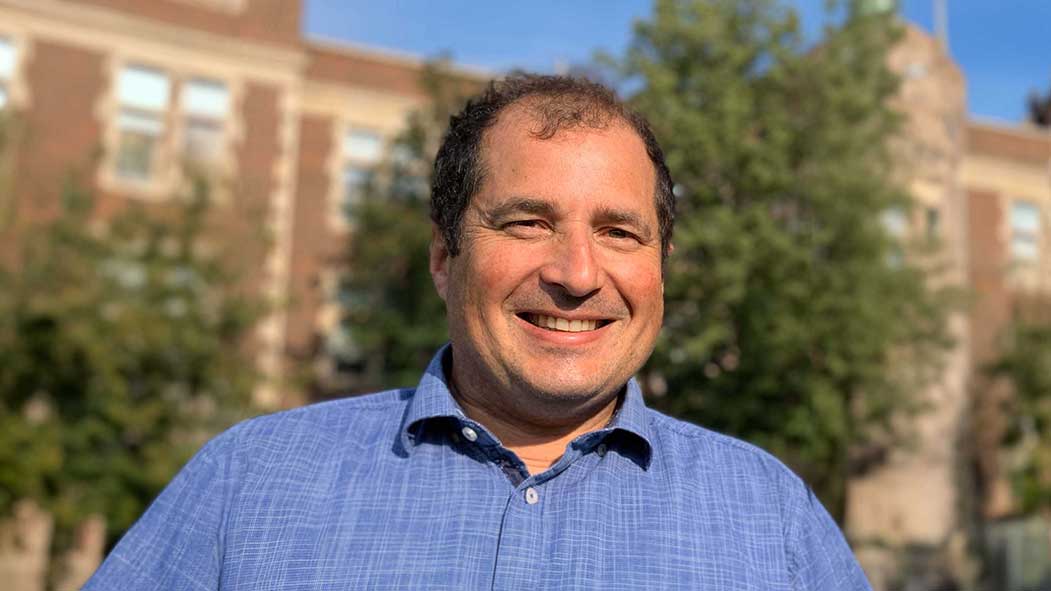
Karim Fouad recently had his $200,000 Canada Research Chair in Spinal Cord Injury renewed by the CIHR. He has worked with researchers in California to create a database of spinal cord injury research and studies the positive effects of inflammation on neuroplasticity to increase the effectiveness of rehabilitation. His team experiments with biomaterials to reconnect spinal cord injuries.
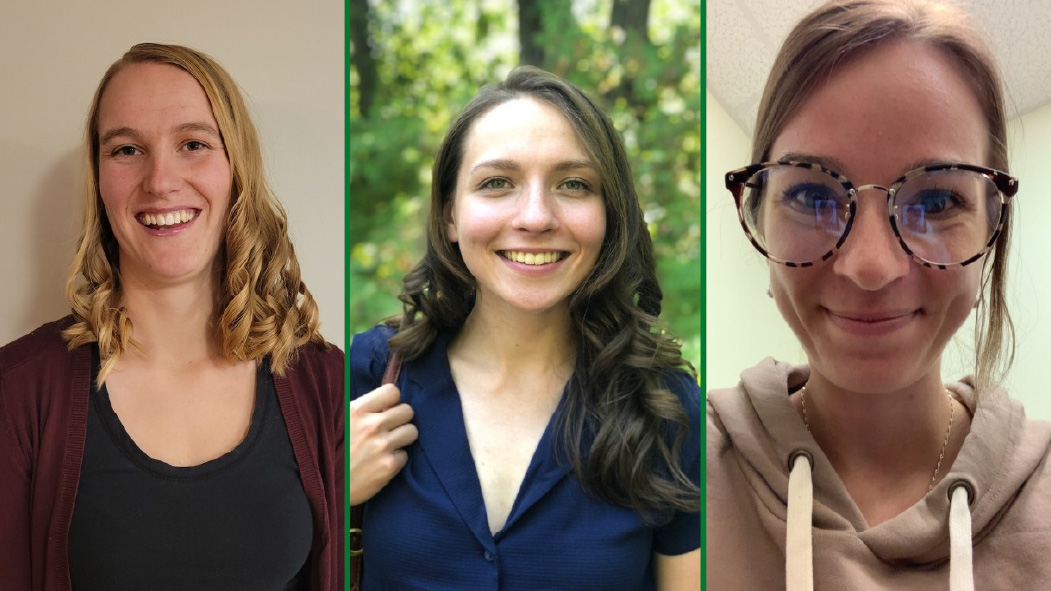
The first cohort of new program for business leadership in occupational therapy share their experience. The graduates of a unique program that combines a master of business administration with a master of science in occupational therapy (MBA/MScOT) is equipping students to tackle modern healthcare challenges through a combination of clinical expertise, business strategy, and innovative thinking.
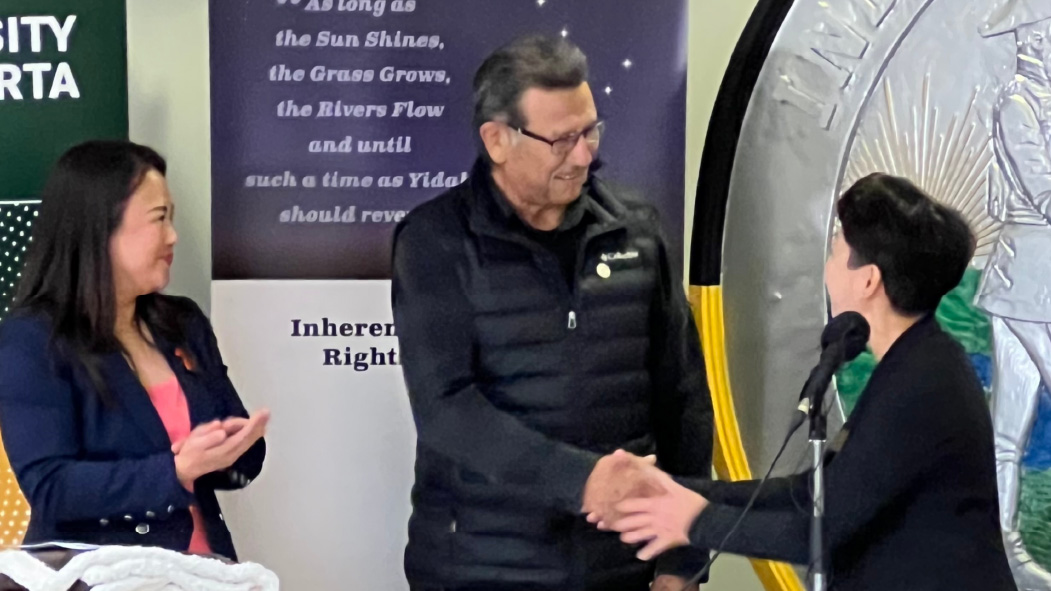
The U of A and Treaty 8 First Nations signed a plan to support Indigenous students in building careers. It includes offering dual-credit courses that provide high school credits and credits applicable towards a post-secondary degree in subjects that could lead to fields such as rehabilitation medicine. Goals include boosting graduation rates and post-secondary participation, and connecting students with jobs.
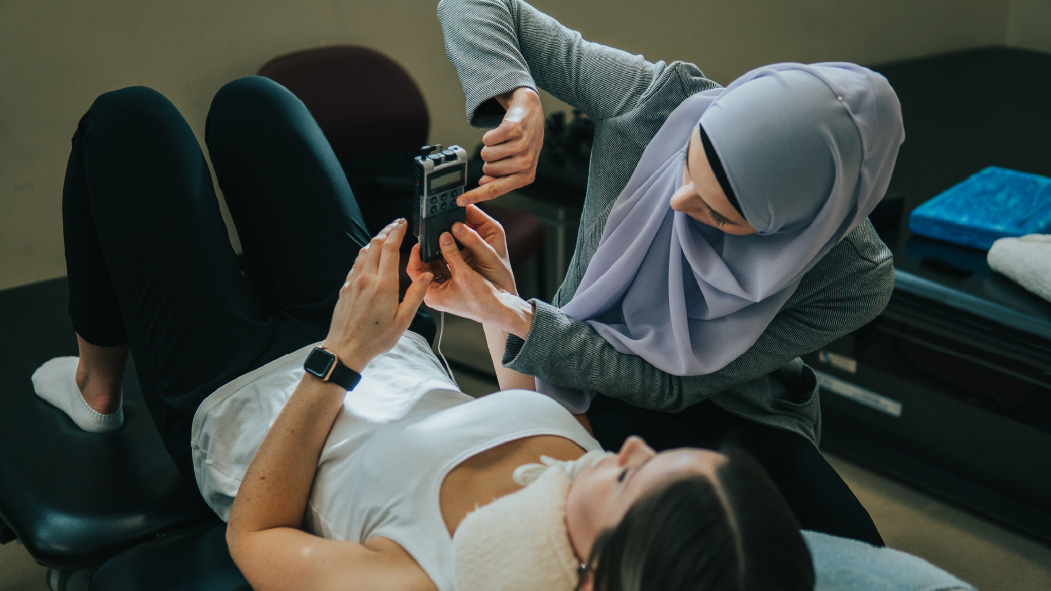
Central Albertans seeking health-care careers will have opportunities closer to home, thanks to funding for three rehabilitation medicine programs at the U of A’s Augustana Campus. The Alberta government is providing $7.4 million to create 44 seats per year for satellite master’s programs in Camrose offered by the Faculty of Rehabilitation Medicine.
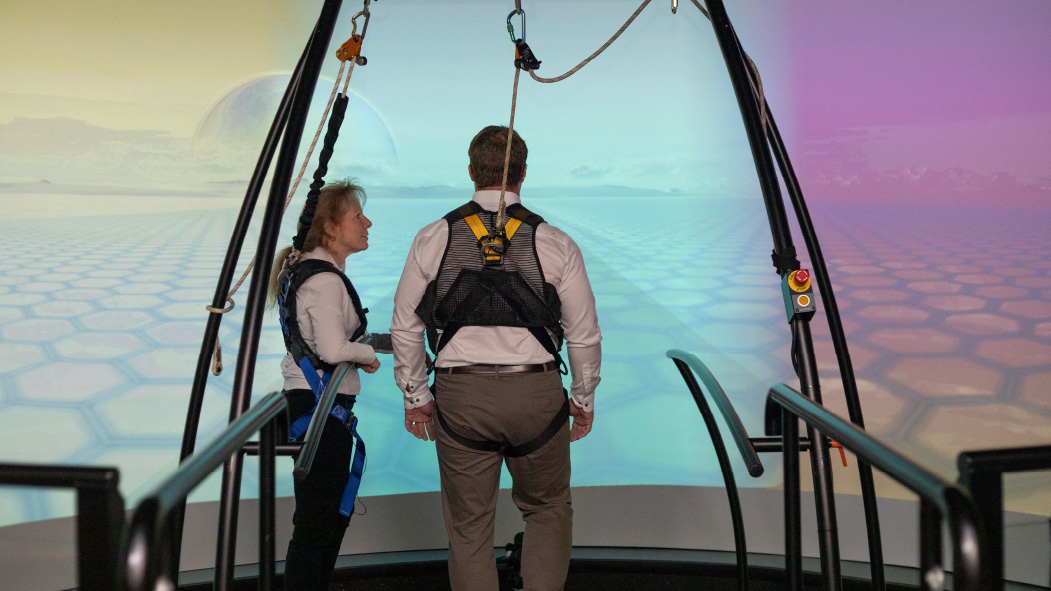
More veterans and first responders with PTSD could have access to a promising therapy, thanks to $3.75 million from Alberta Advanced Education for the Heroes in Mind, Advocacy and Research Consortium (HiMARC) initiative. HiMARC’s virtual reality-enhanced psychotherapy involves patients walking on a treadmill and viewing a large screen with images related to their treatment-resistant PTSD. The funding allows for the equipment and for training therapists to undertake clinical trials.
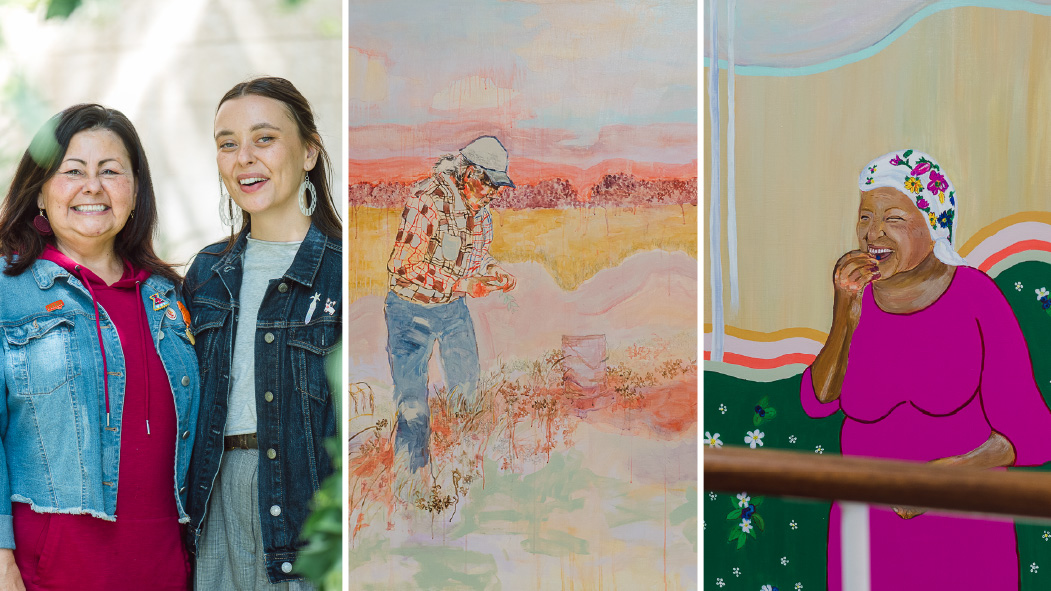
Mother-and-daughter artist pair Maureen Callihoo and Kiona Callihoo Ligtvoet are the creative force behind an installation in Corbett Hall, unveiled in 2023. The piece represents their relationship to each other, their families and the land.
The Faculty of Rehabilitation Medicine leads cutting-edge research in neuroscience and mental health, children’s health and wellness, language and literacy, and the prevention and management of chronic health conditions to help improve people’s quality of life. Here are some of our research highlights.
$8.6M
total research revenue in the last year for the Faculty of Rehabilitation Medicine
169
peer-reviewed research publications
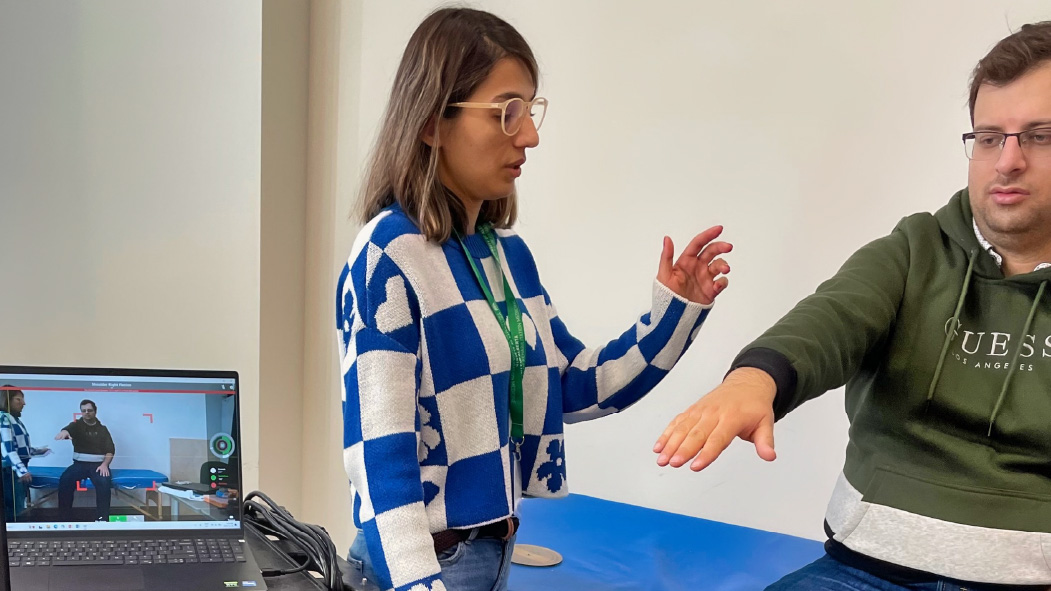
Remote rehabilitation program gives rural patients an arm up on shoulder injuries
After Landon Charlton broke his shoulder, avenues to address his pain were limited in his town, Peace River, Alta. He faced a five-hour trip to Edmonton when he needed treatment. To meet the challenges of rural patients, researcher Lauren Beaupre’s team received a $2-million CIHR Team Grant for assessing and treating shoulder pain and instability through remote telerehabilitation. And no, it’s not another Zoom meeting. Urban clinicians control telepresence robots to perform thorough assessments as if they were physically present.
Meet our featured researchers
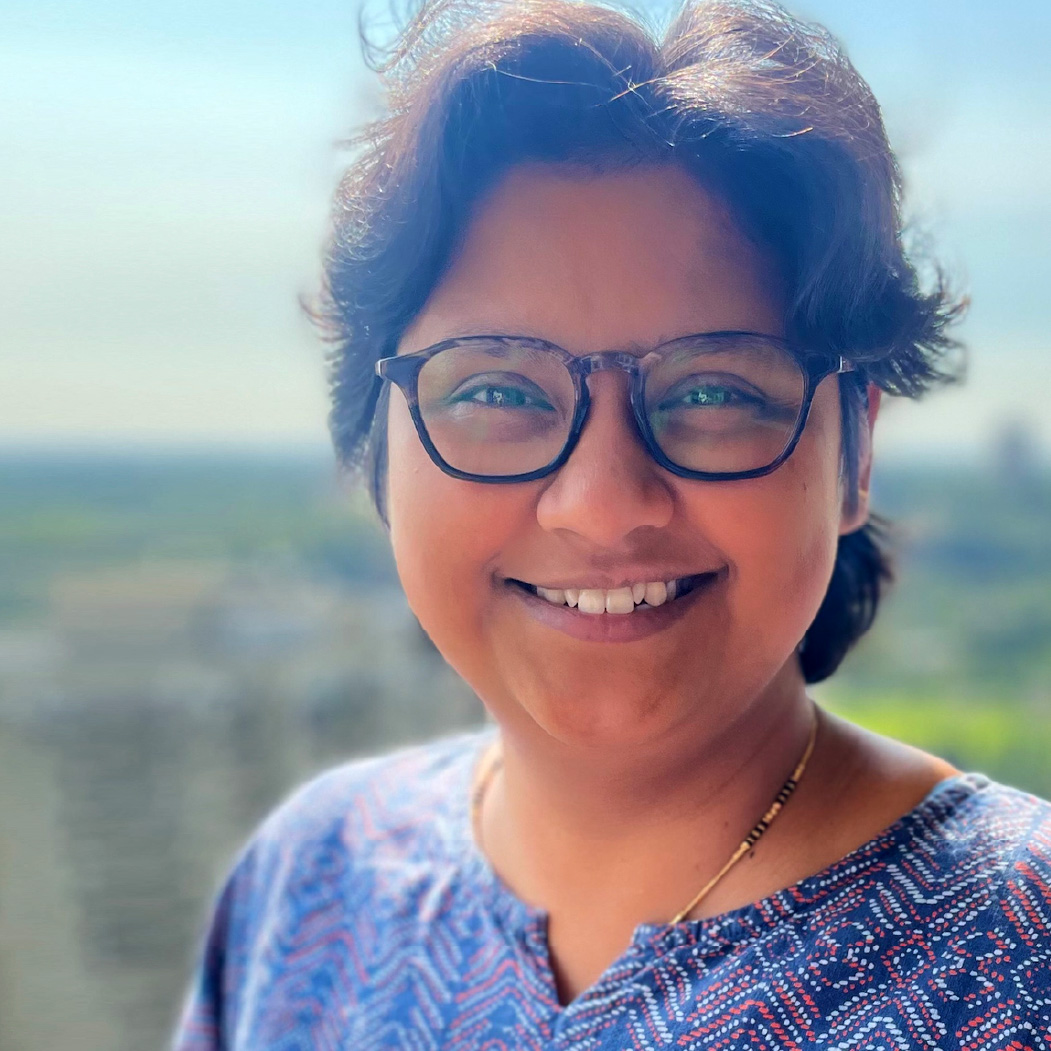
Tanya Dash is a cognitive neuroscientist and speech-language pathologist who has joined the faculty as an assistant professor in the Department of Communication Sciences and Disorders. Dash is interested in the interaction between language and cognition in healthy aging and among people with communication disorders. Her research focuses on bilingualism in cognitive performance to uncover neural mechanisms that can be used to improve the treatment of neurogenic communication disorders.
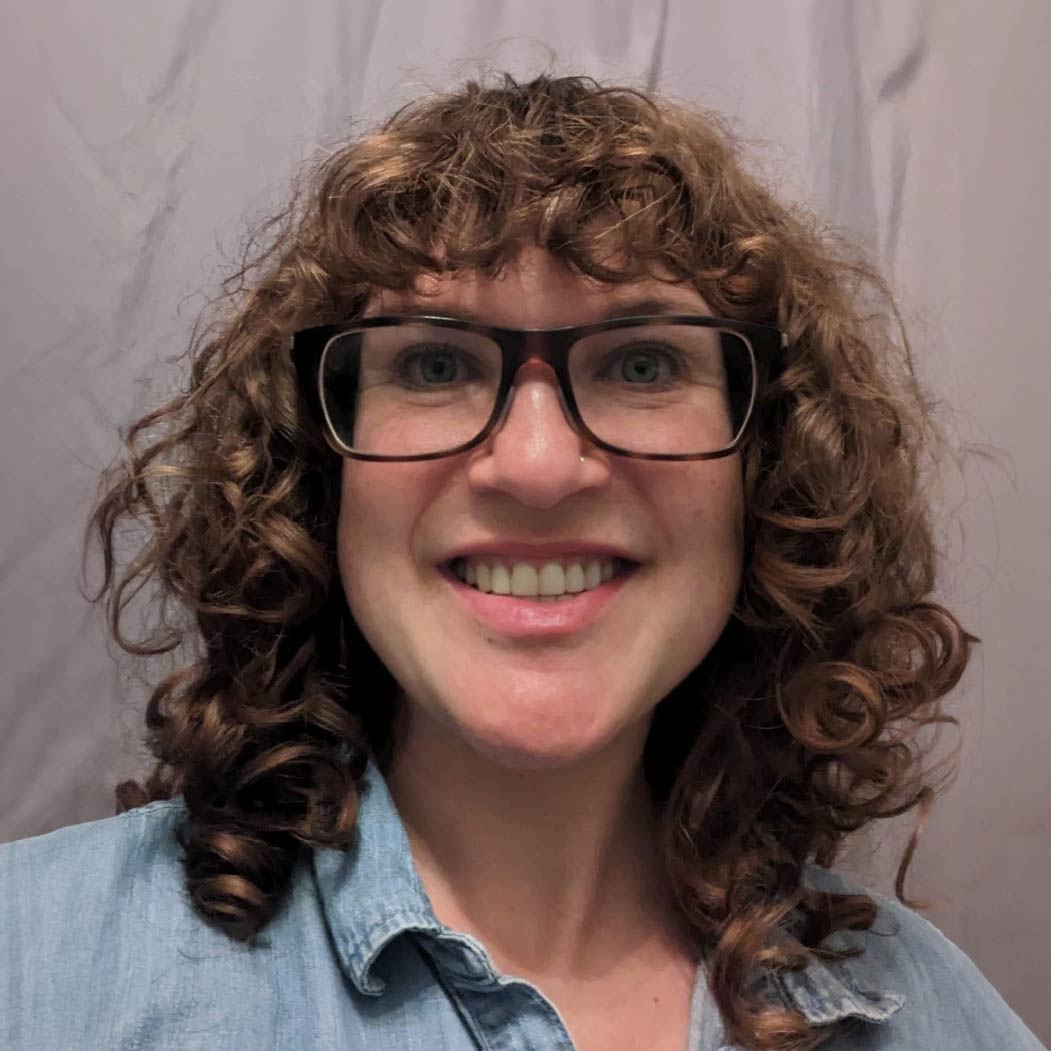
Naomi Dolgoy is a clinical researcher, occupational therapist and certified lymphatic therapist who joins the faculty as an assistant professor, focusing on cancer and functional outcomes. Prior to joining the faculty, she held a Mitacs Accelerate postdoctoral fellowship at the U of A and Cybera Technologies. She says rehabilitation research in cancer will lead to more effective care opportunities for patients, improved clinical education and more efficient delivery of care.
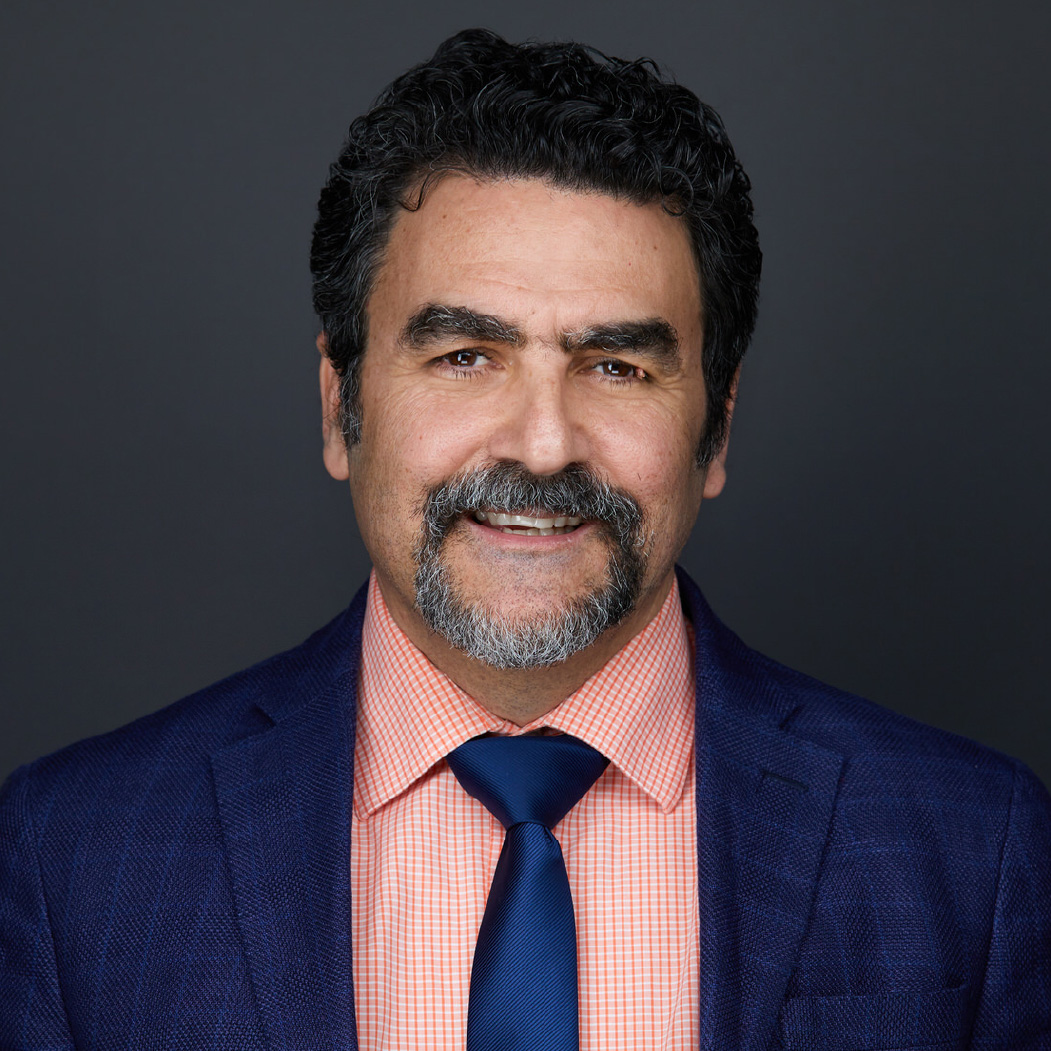
Antonio Miguel-Cruz is an associate professor with a background in nuclear, biomedical and rehabilitation engineering. His research focuses on technologies used in community and health-care settings that foster healthy aging and well-being of older adults and their caregivers. He is the director of the Product Evaluation and Application Research (PEAR) lab, an interdisciplinary research network hub. Miguel-Cruz’s work emphasizes the importance of involving end-users in technology development for optimal impact.
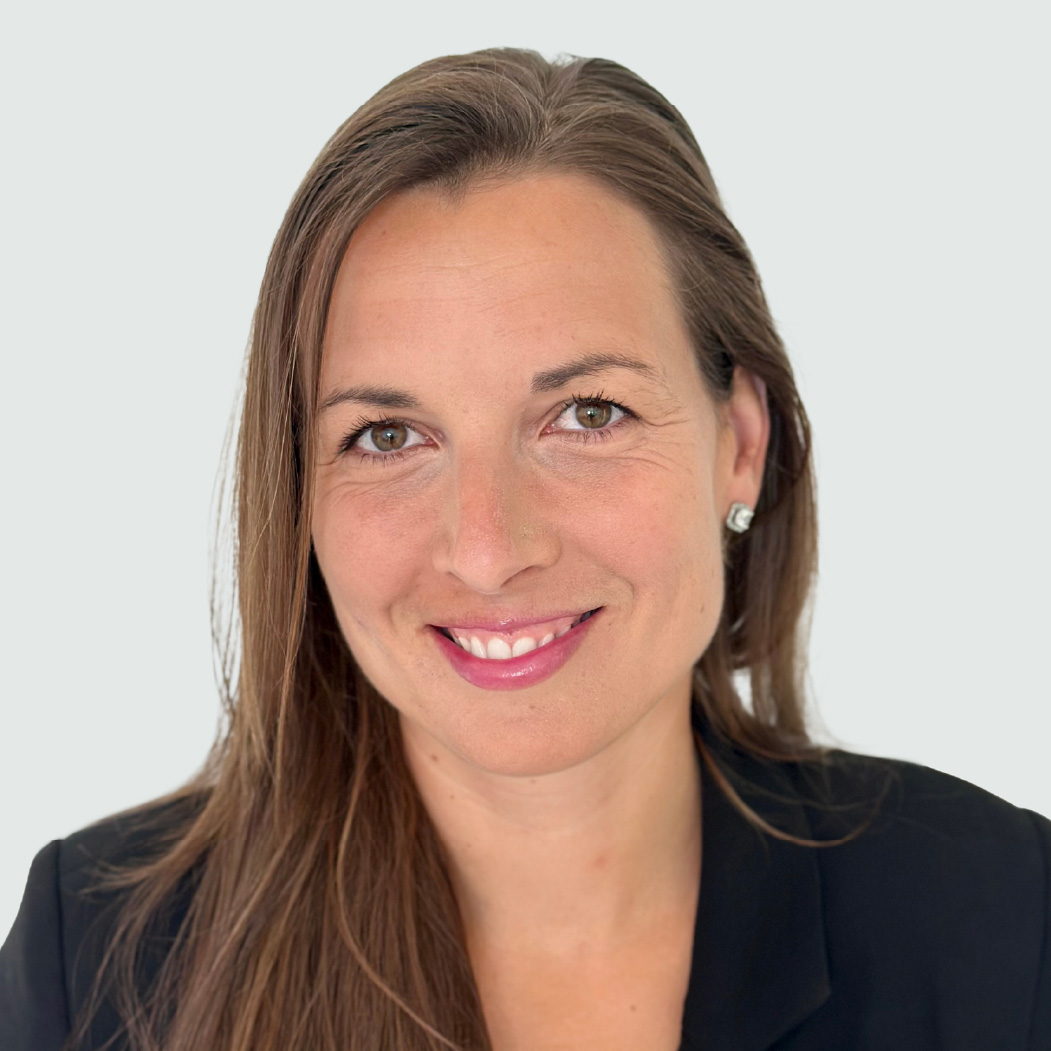
Pamela Filiatrault-Veilleux is an assistant professor whose research aids children with language-comprehension challenges. With a PhD in experimental medicine (speech-language pathology) and a background in postdoctoral research, she’s dedicated to enhancing assessment and intervention for young children’s receptive language skills. Her focus on improving services and collaborating with fellow researchers underscores her advancement of the field of speech-language pathology.
Rehab Med Research News
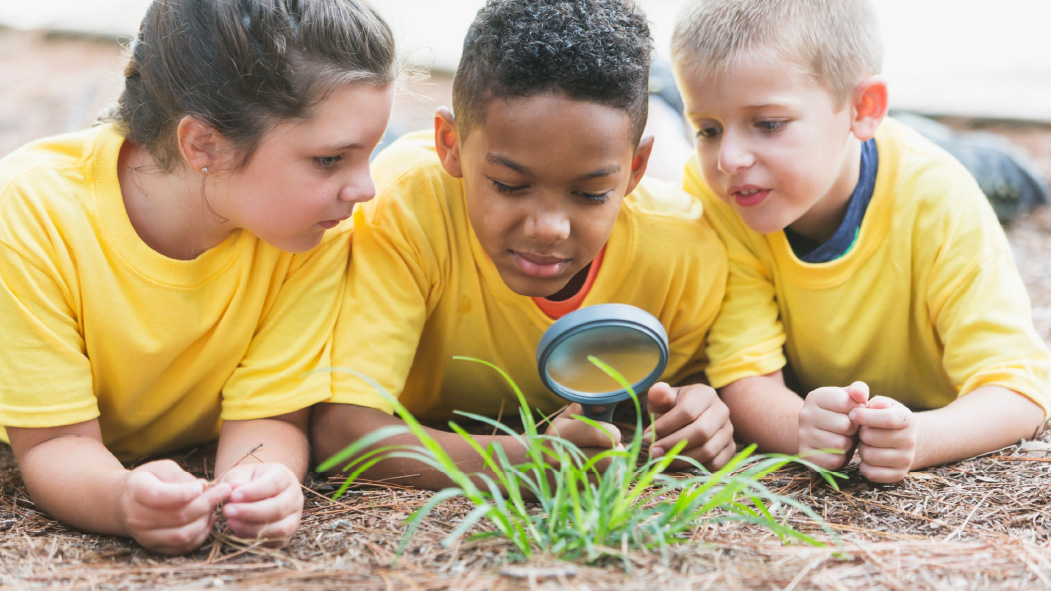
A simple intervention could help promote understanding of autistic children
A study suggests a simple, easily deliverable intervention could promote understanding and engagement with autistic children in recreational settings. Lead author Sandra Hodgetts found that sharing a brief awareness-raising script at the start of a day camp encouraged neurotypical peers to engage with autistic children. Inclusion is important in children’s group settings and involving peers in interventions improves outcomes. The study highlights the potential for broader implementation in other contexts.
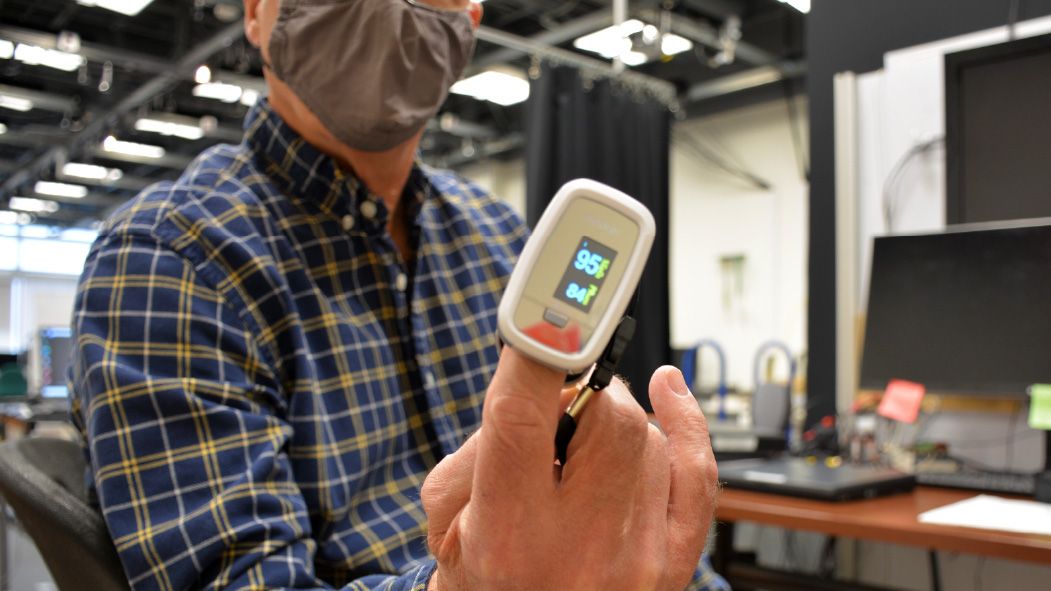
Rural long-COVID patients to be monitored remotely during ProMote system trial
Research co-ordinator Emily Armstrong, working with Alberta Health Services, is undertaking the ProMote virtual-care study to assess rural patients remotely for respiratory complications, particularly in response to long COVID. Patients visit local clinics to connect virtually with experts, aided by local clinicians. The initiative aims to provide equitable access to specialized care, saving rural patients the burden of travel. There are plans to expand the project’s reach, pending further evaluation.
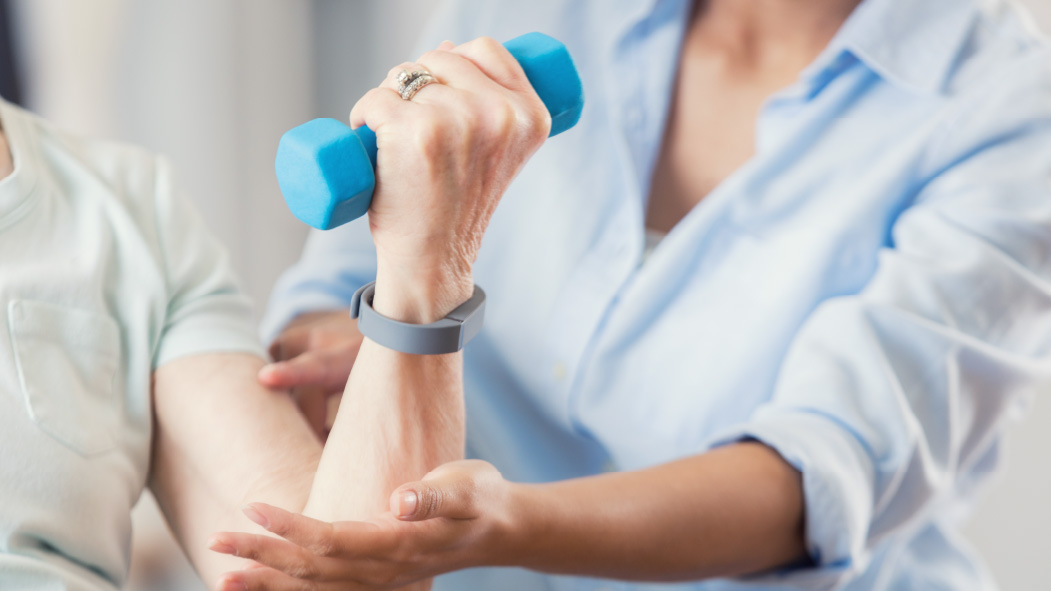
Hope in Motion: Expert offers insight into the role of physical therapy in cancer patients’ mental and physical recovery
Margaret McNeely leads the Cancer Rehabilitation Clinic, using physical therapy for recovery after cancer. “At first, the focus is on treating the cancer,” she says. “My focus is on the person and how they live their life.” Witnessing the lack of research in the field, she aimed to bridge the gap. Her tailored approach empowers patients, focusing on personalized goals and overall fitness. Through community connection and integrated therapy, McNeely offers hope and healing to cancer patients.
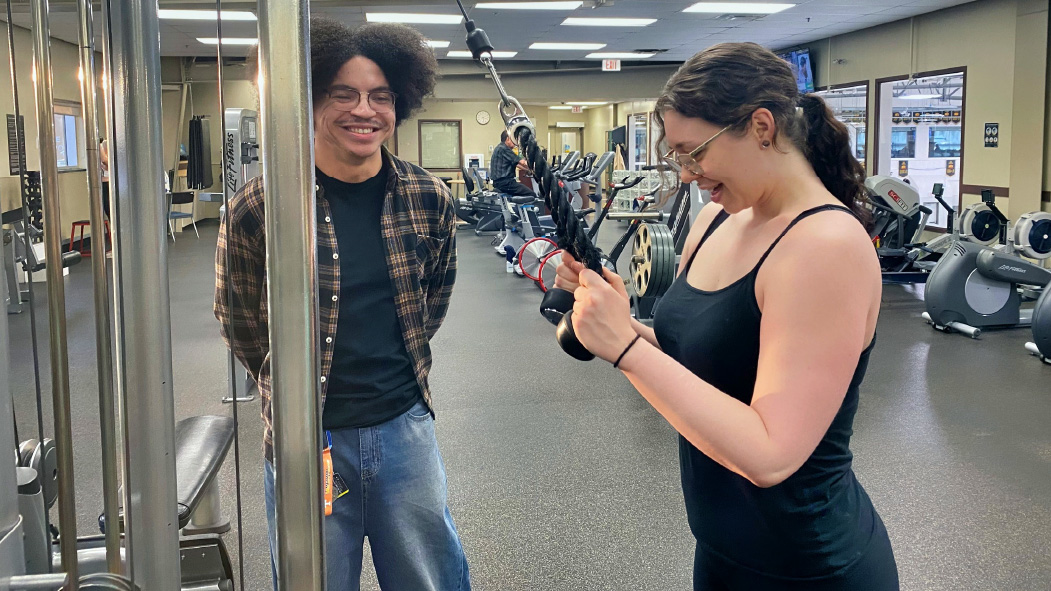
Wellness program fosters fitness and learning for Indigenous clients and student volunteers
Allyson Jones initiated the Indigenous Wellness Clinic’s exercise program in 2018. Weekly sessions at the Saville Community Sports Centre offer Indigenous participants tailored fitness guidance, fostering patience and resilience. Student volunteers gain experience and insight into Indigenous health perspectives while providing support. The students lead clients through exercises designed to assist with a variety of health issues, from alleviating joint stiffness to managing diabetes and improving cardiovascular fitness.
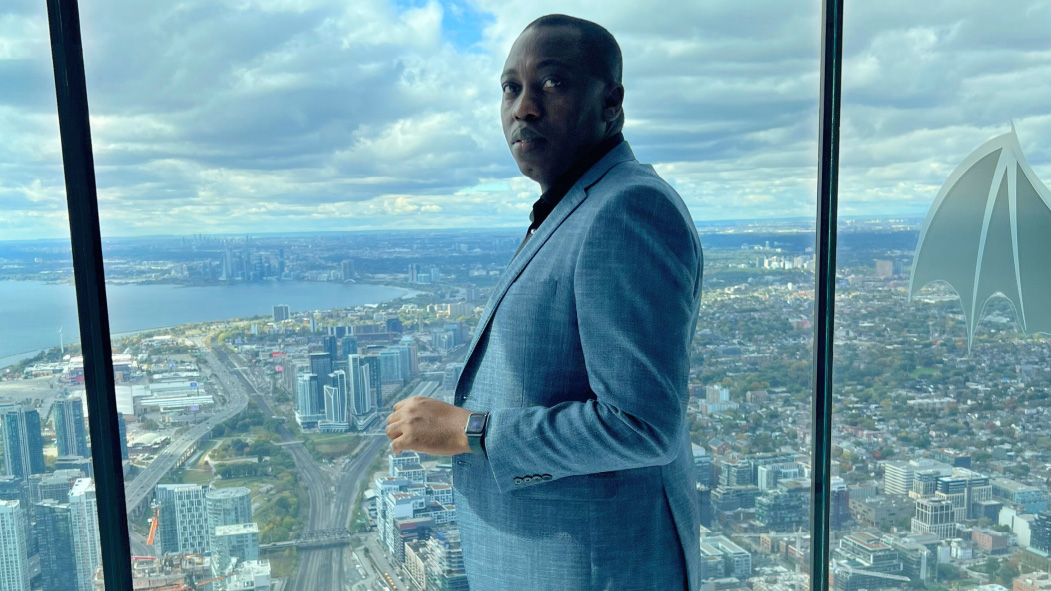
Researcher develops strategies to combat sedentary behaviour post-stroke
Victor Ezeugwu, physical therapist and assistant professor, shares insights on his research focusing on stroke, Parkinson’s disease, frailty, and long COVID. He emphasizes addressing sedentary behaviour in stroke care, quantifying it, and developing strategies to reduce it early after stroke, aiming for better recovery and broader applicability.
Education is our reason for being. We have amazing students, and they benefit from the expertise, skills and dedication of truly stellar academic teaching staff and faculty members.
Thank you to our wonderful clinical educators who volunteered 321,304 hours to provide our students with invaluable hands-on learning in 2023-24. Learn about mentoring a student!
Meet Our Students
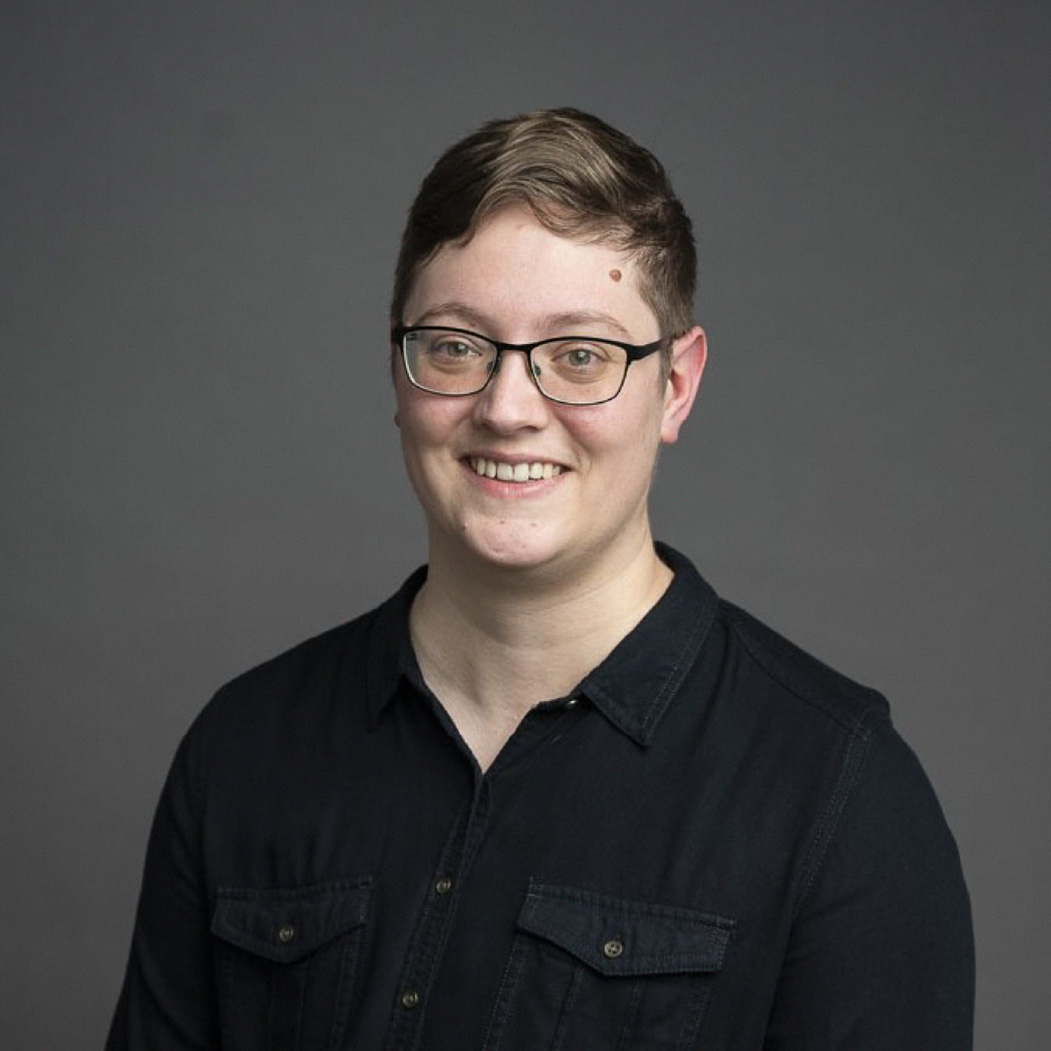
Meaghan Ray Peters, a graduate student in the faculty, is researching chest binding. Their research aims to create self-management guidelines for chest binding-related symptoms, with broader implications for marginalized communities. Ray has received awards for their work and advocacy for 2SLGBTQ+ inclusion in health care. They value the U of A’s inclusive environment and interdisciplinary opportunities and encourage personal passion in research pursuits.
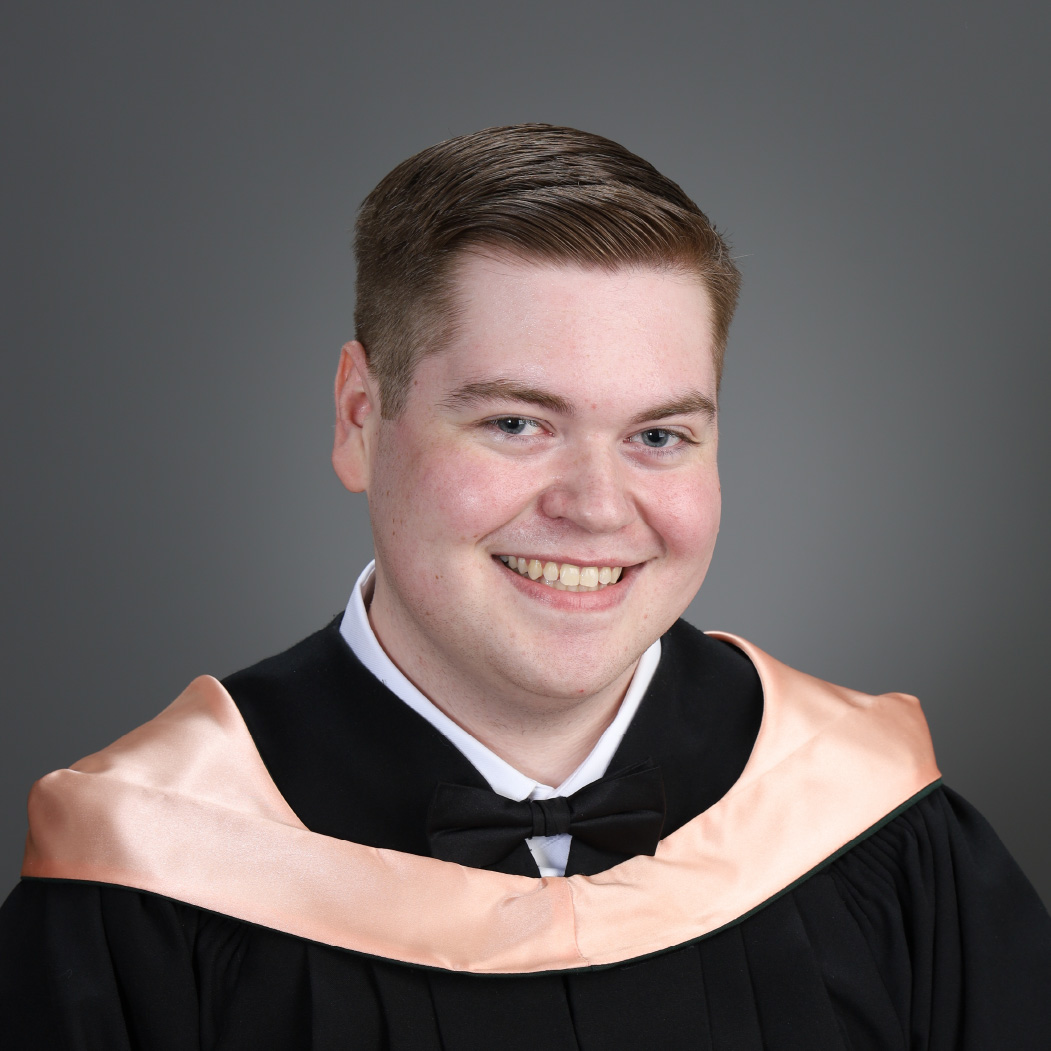
Michael Stone, a graduate in speech-language pathology, values the field’s blend of linguistics and psychology. Recognized as a cohort advocate, he promoted changes within the program. Stone encourages prospective students to overcome their fears and pursue their goals. He now works as a speech-language pathologist with the Edmonton Catholic School District.
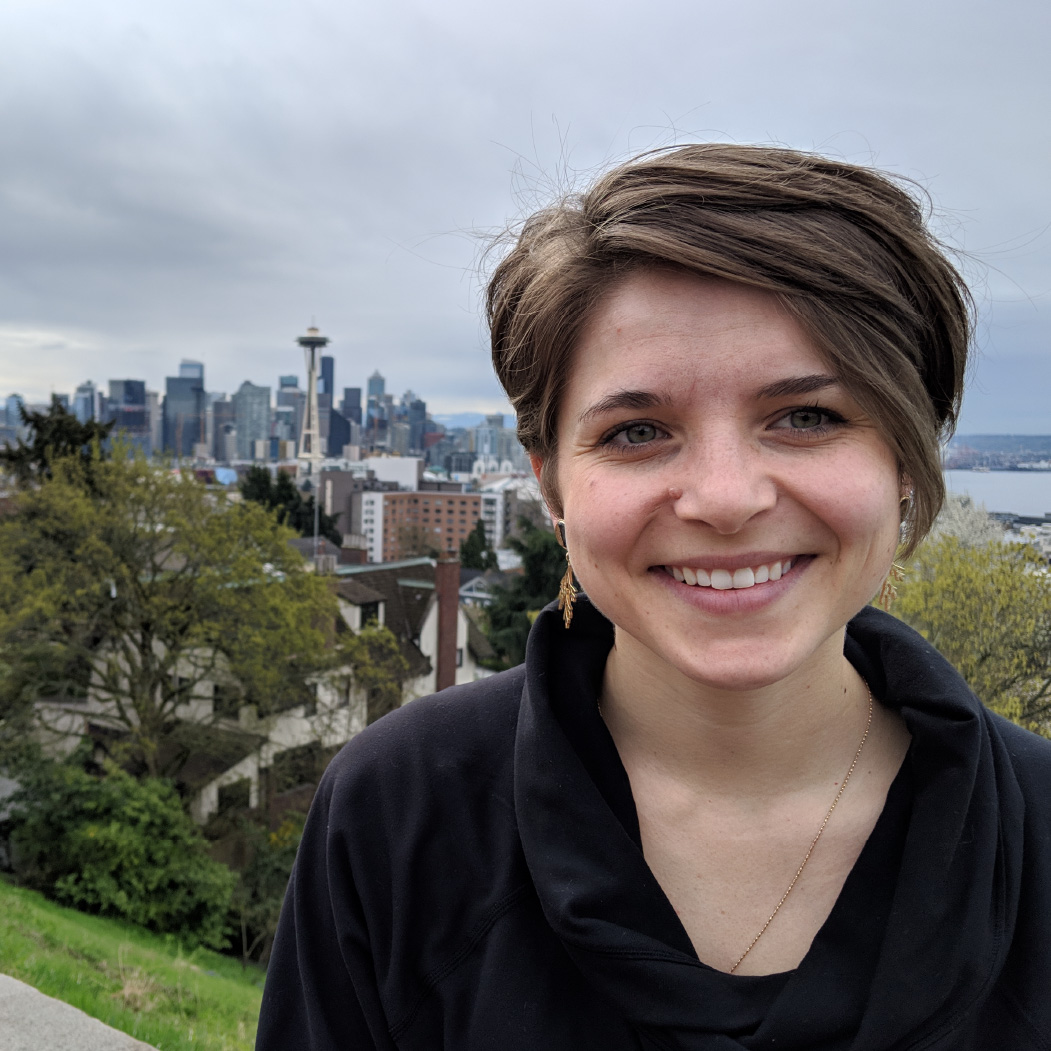
Paige Reeves saw how her eight siblings with disabilities experienced a dearth of social belonging growing up. So she pursued a path of advocacy and research. Completing disability studies and occupational therapy degrees, she’s pursuing a PhD, focusing on belonging for adults with disabilities. Reeves co-stewards the Action Lab and leads social-change projects at the Skills Society, aiming to enhance community inclusion.
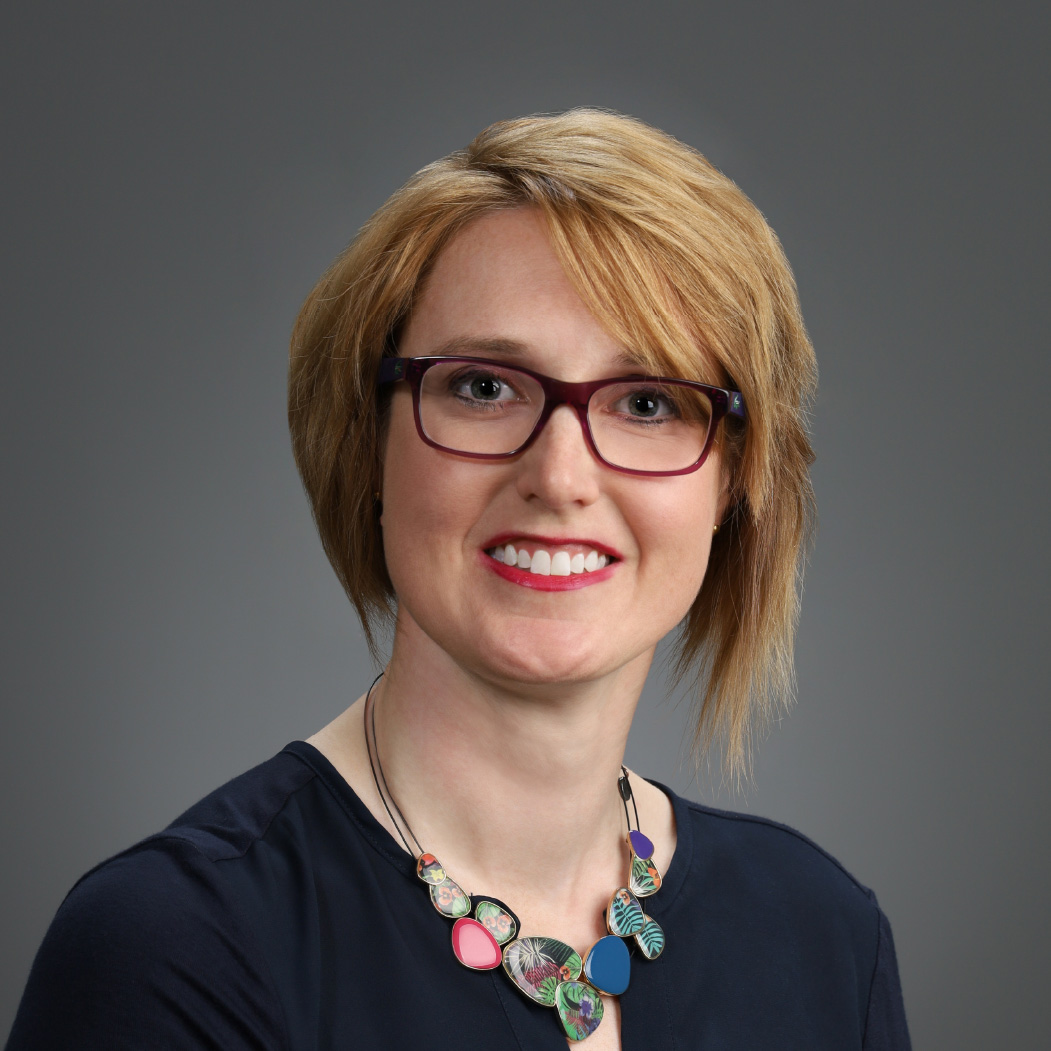
Catherine McLellan, a former aerospace engineering officer in the Canadian Armed Forces, transitioned to physical therapy, a career more supportive of family life. She had always had an interest in the human body and recalled the positive effect physiotherapy had on her grandfather’s mobility. Despite challenges balancing family and studies, she pursued her master’s at the U of A, finding fulfilment in helping patients. Practising in Fernie, B.C., McLellan aims to enhance accessibility to rural health care.
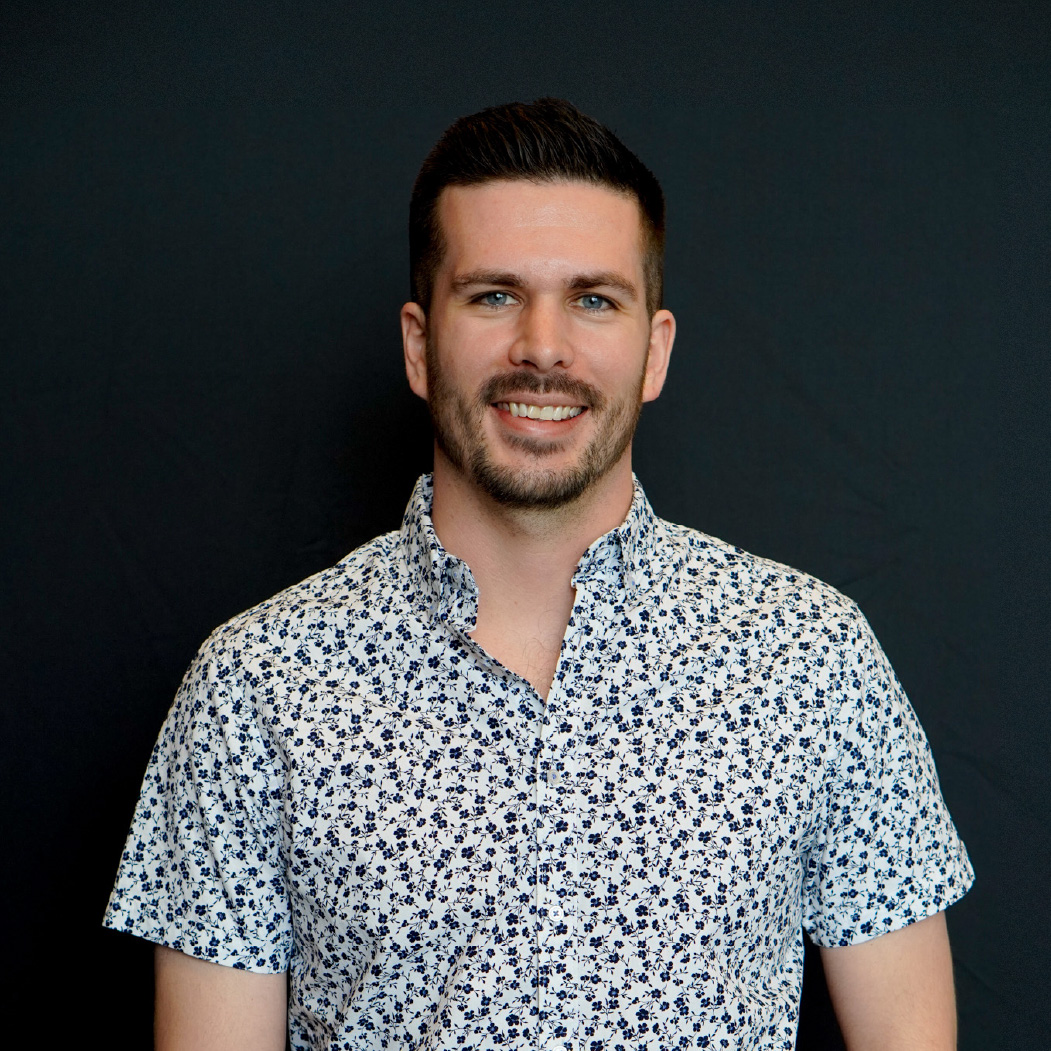
Brett Lendsay is graduating with a master’s in occupational therapy, and he received the Barb Worth Emergent Leader Award from the Canadian Occupational Therapy Foundation. Lendsay’s transition to health care as a mature student posed challenges, but support from his fiancée — also an occupational therapist — sustained him. In fact, it was her training at the U of A that inspired him to explore the field. He looks forward to practising in Saskatchewan.
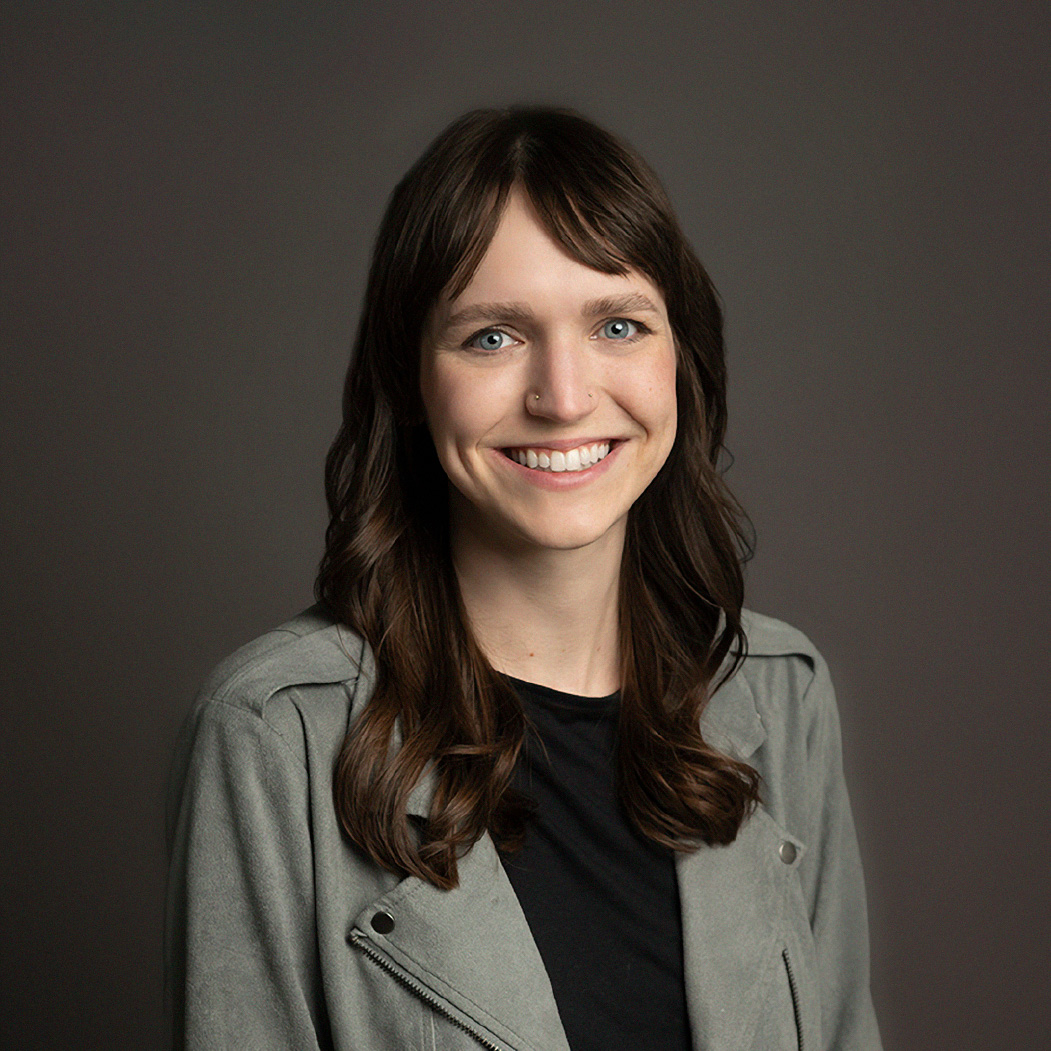
Kathryn Lambert, a PhD candidate in the faculty, received the Izaak Walton Killam Memorial Scholarship for her research on Parkinson’s disease, investigating the link between real and imagined movement. Inspired by a family member’s experience with the disease, she investigates its impact on the mental execution of movements. The scholarship provides support for her research, aiming to advance understanding and reshape treatment approaches.
Meet our Academic Teaching Staff
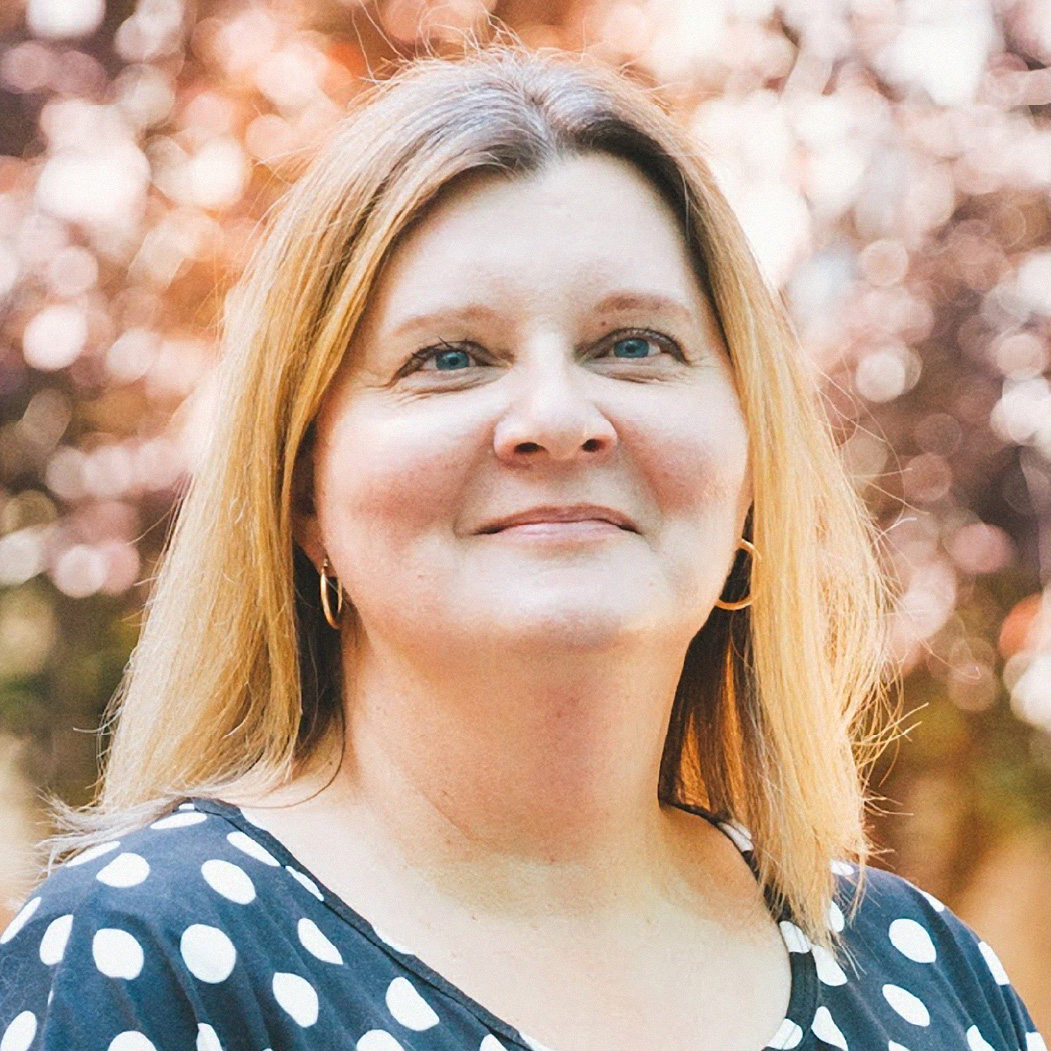
Cherie Henderson
Associate Teaching Professor
“I enjoy helping students take their hard work in the classroom and applying it to clinical practice; that moment when students realize they are helping clients, families and communities engage in meaningful occupations!”
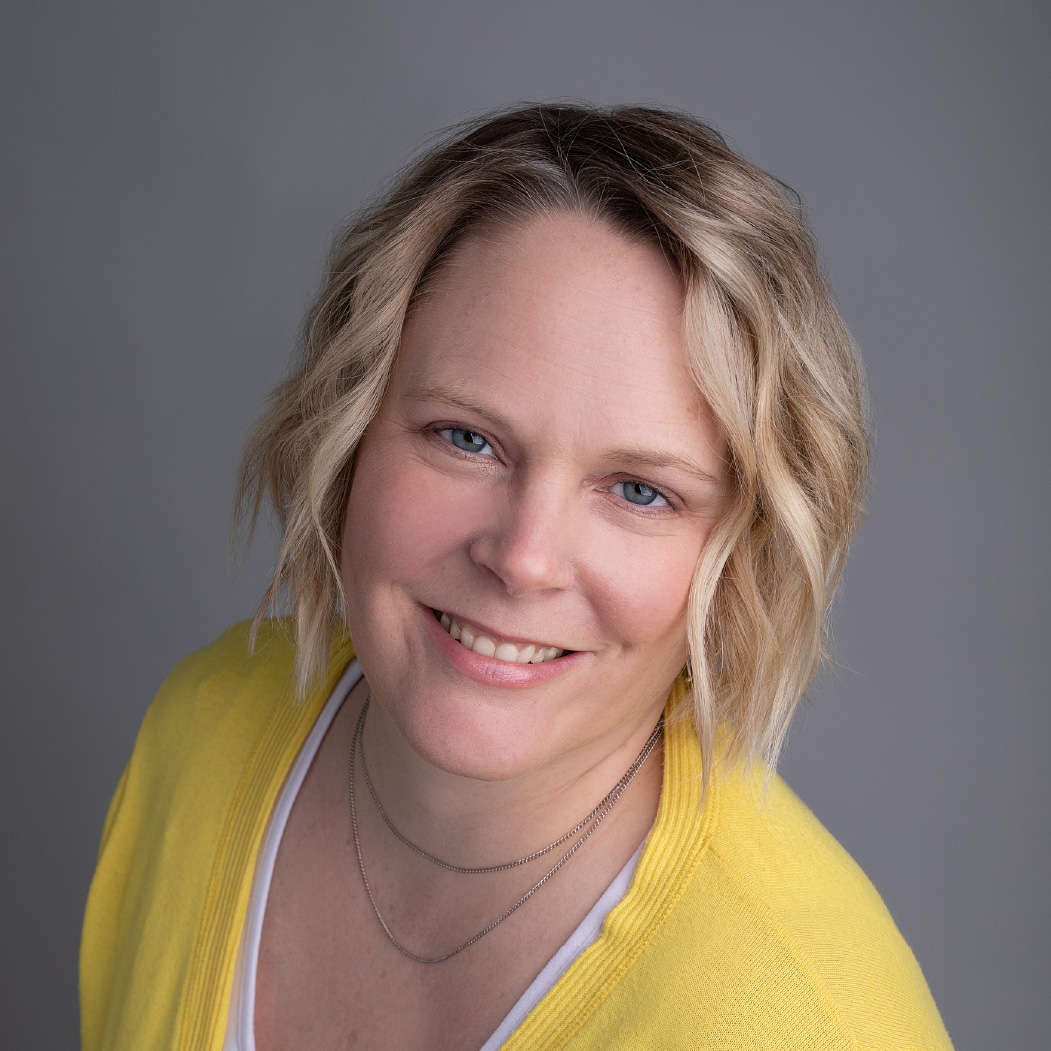
Allison Menard
Assistant Teaching Professor
“I love the diversity of my role. I get to teach. I get to supervise clinical experiences. I get to support research. I get to collaborate with other disciplines in the faculty. Every day presents opportunities to learn and engage in exciting new initiatives. Being able to contribute to the development of our students as they become competent health care professionals is incredibly rewarding.”
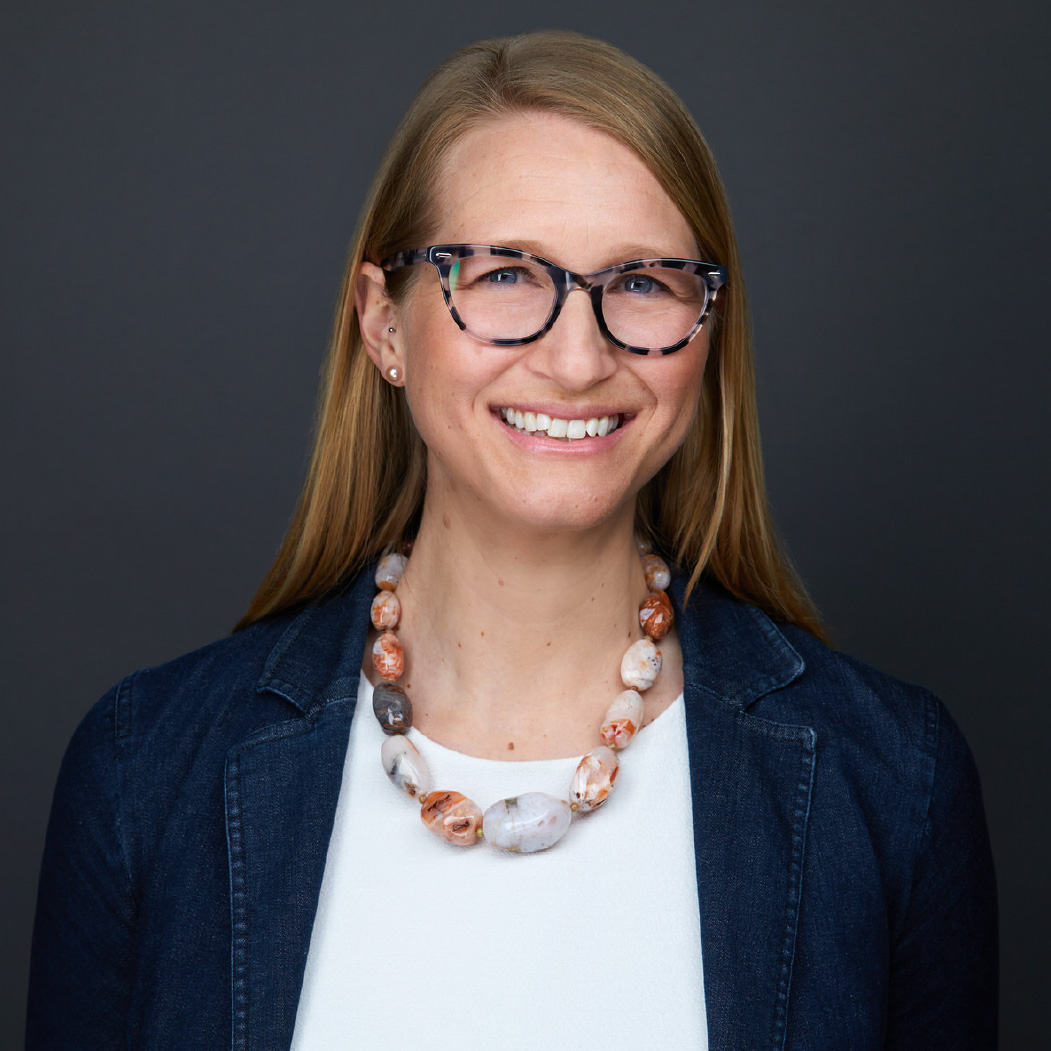
Andrea Reulling
Career Teaching Professor
“One part of my role is supporting students, and I have the opportunity to meet with them at various points along their educational journey. Often, these students come to see me because they are struggling in some manner, whether that is with the rigours of the program, with mental or physical health, the academic coursework or the clinical training. I became an SLP because compassionate service is what drives me, and my own professional value statement is "Connecting through Compassionate Service''. In this role I enjoy being able to support students and meet them where they are at.”
In 2023-24, the Continuing Professional Education (CPE) Unit continued to offer a variety of both credit and non-credit offerings. Overall registrations for CPE courses increased by approximately 25 per cent over last year. Several new micro-courses were developed this year, including a free clinical education course for clinical and fieldwork preceptors.
CPE continued to grow its external partnerships, with Alberta Health Services funding more than 166 micro-course registrations for AHS Allied Health professionals who had hosted a student on placement in 2023-24. A course for internationally educated occupational therapists — developed with the Association of Canadian Occupational Therapy Regulatory Organizations and initially trialed in 2023-24 — has already assisted 52 Internationally Educated Occupational Therapists in moving closer to working as occupational therapists in Canada. Watch for new courses coming in 2024-25.
3,390
people participated in a Continuing Professional Education course or program in 2023-24.
We offer rehabilitation services to patients close to home and offer students robust necessary clinical experience. We support communities facing barriers to access through our clinics, programs and research. Patients include military members and veterans, rural residents, Indigenous communities and Edmonton’s underserved populations.
8 clinics and camps
serving the community
Corbett Hall Speech-Language Clinic (Corbett Clinic)
Corbett Hall Early Education Program (CHEEP)
Corbett Hall Student Physical Therapy Clinic
Cancer Rehabilitation Clinic / Alberta Cancer Exercise Program
Alberta Aphasia Camp
Augmentative and Alternative Communication Camp
Corbett Aphasia Rehabilitation and Education (CARE)
Parkinson: Ability, Communication, Education (PACE)
2,440 community members benefited
from our clinics and camps
1,782 Faculty of Rehabilitation Medicine student placements
in Alberta and beyond
9 clinics and camps serving the community
- Corbett Hall Speech-Language Clinic (Corbett Clinic)
- Corbett Hall Early Education Program (CHEEP)
- Corbett Hall Student Physical Therapy Clinic
- Cancer Rehabilitation Clinic / Alberta Cancer Exercise Program
- Institute for Stuttering Treatment and Research (ISTAR)
- Alberta Aphasia Camp
- Augmentative and Alternative Communication Camp
- Corbett Aphasia Rehabilitation and Education (CARE)
- Parkinson: Ability, Communication, Education (PACE)
992
community members benefited from our clinics and camps
1,631
Faculty of Rehabilitation Medicine student placements in Alberta and beyond
Rehab Med In Action
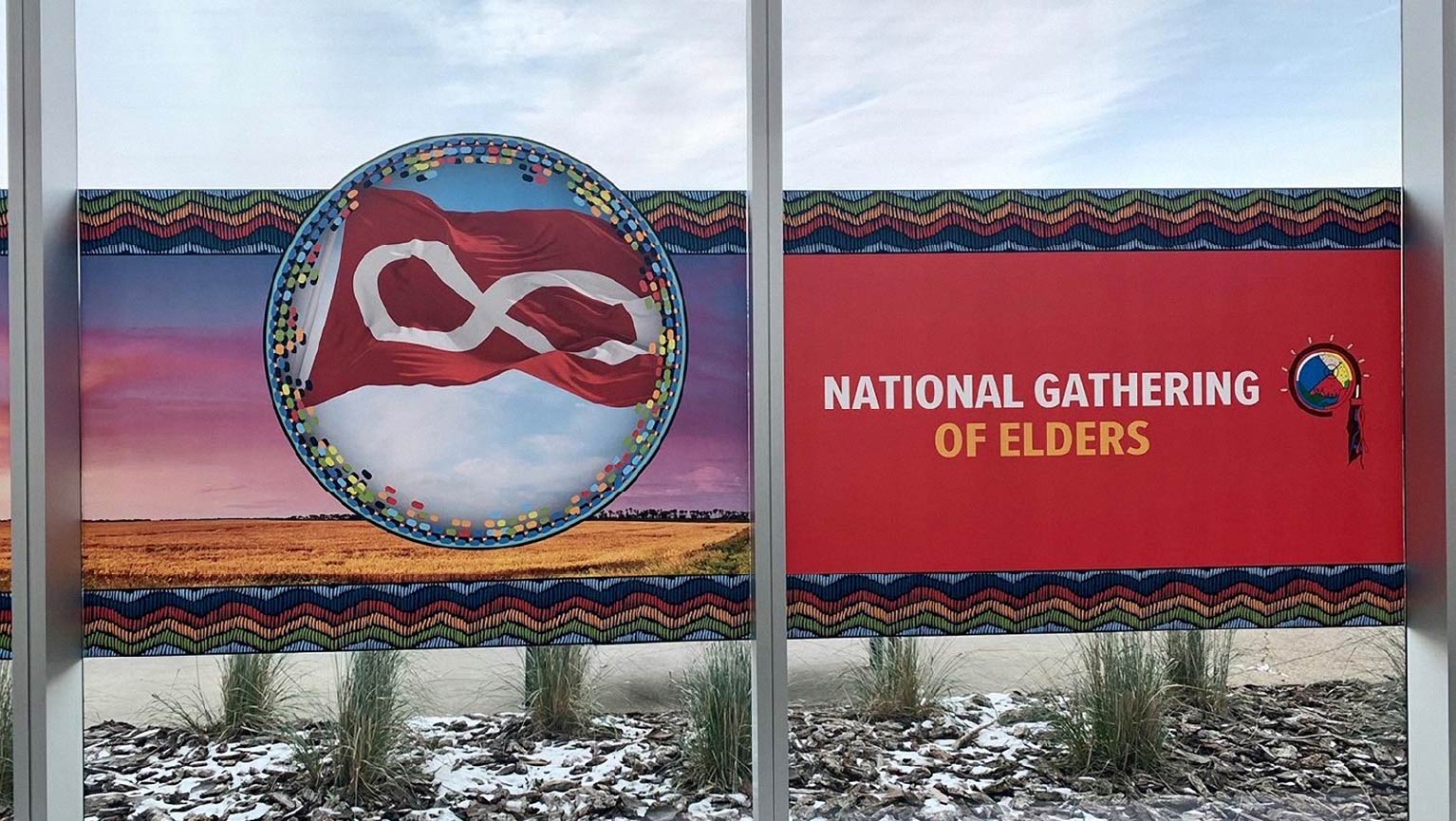
National Gathering of the Elders in Edmonton
Academic teaching staff, faculty and department leaders supervised students from all three professional programs as they participated in the National Gathering of Elders in the fall of 2023. This was an opportunity to build bridges and foster understanding and reconciliation between the diverse Indigenous and non-Indigenous groups in Canada. Students were on hand to give hearing screenings, hand massages, falls-prevention education and more.
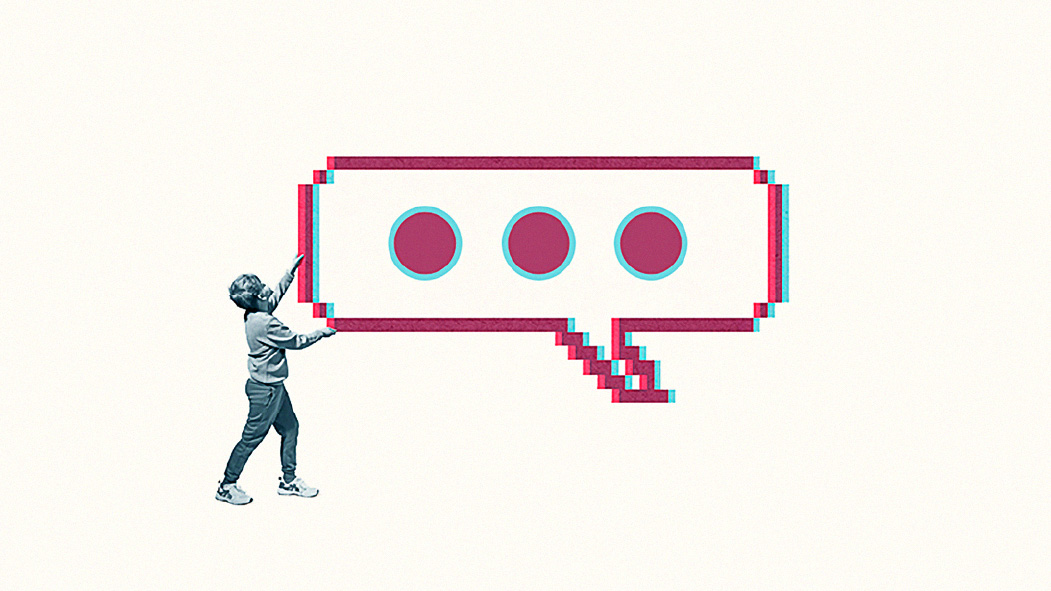
Can We Talk?
“When I began volunteering with Catholic Social Services in 2019, I wondered if it was even possible for an AAC communicator to help others acquire spoken English. I aspire to live with vibrancy, however, so I decided to try. Life has taught me that with a little creativity and a whole lot of never-giving-up, beautiful things are born.” – Jenna C. Hoff.
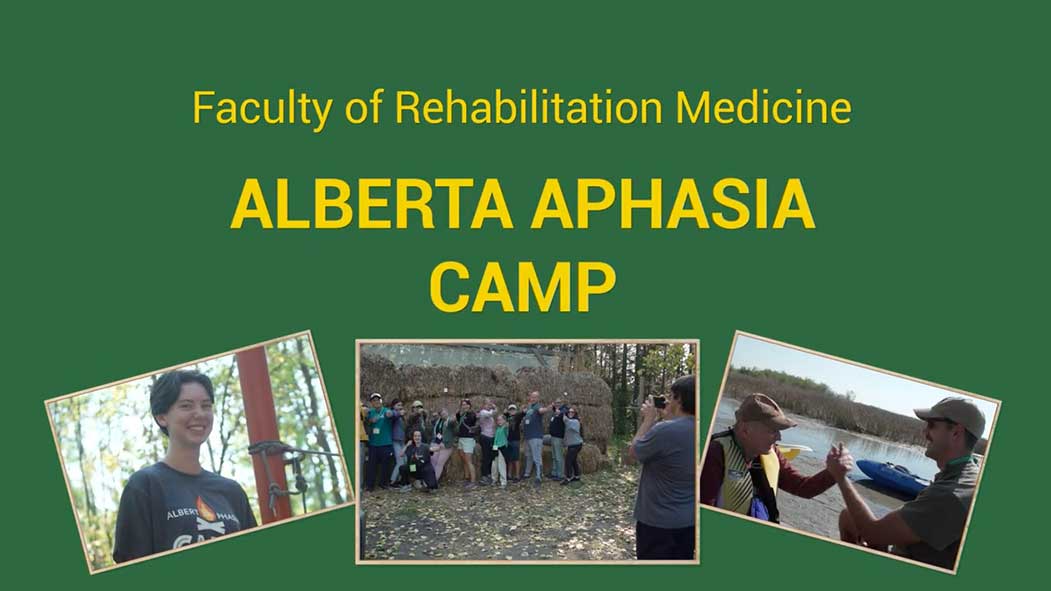
Aphasia Camp celebrates 10 years
Aphasia, a language disorder often resulting from stroke or brain injury, affects speaking, understanding, reading and writing. Alberta Aphasia Camp, held annually, offers a retreat for people with aphasia and their companions. It features therapeutic and recreational activities and is staffed by trained professionals who support communication, safety and mobility. In 2023 the camp celebrated 10 years!
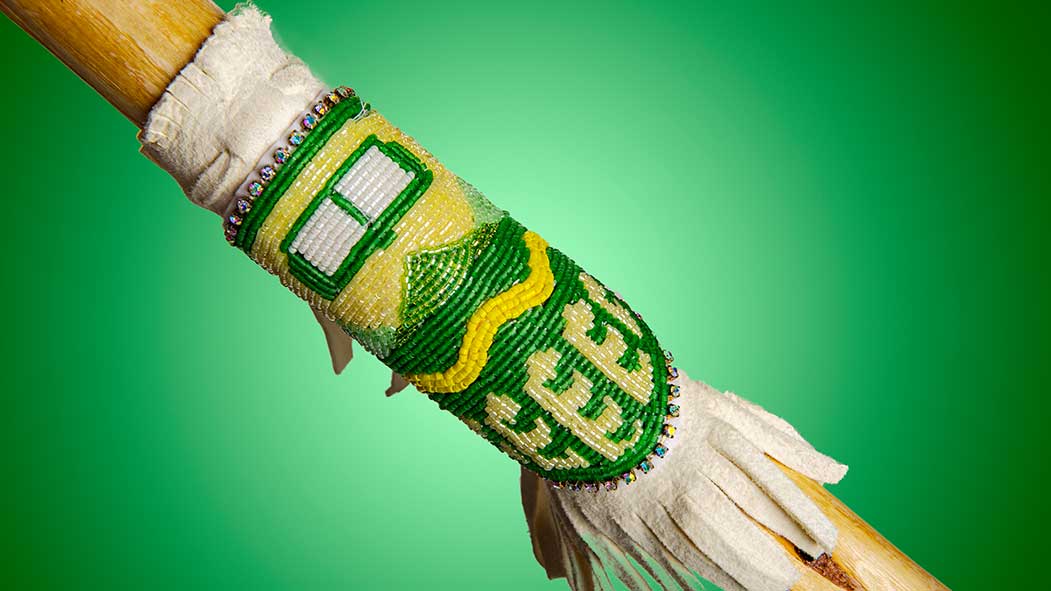
Treaty 8 Partnership for Students Placements
The Faculty of Rehabilitation Medicine is dedicated to reconciliation efforts, supporting Indigenous communities' rehabilitation needs, increasing the number of Indigenous rehabilitation professionals, and increasing the educational opportunities for Indigenous students. Collaborations with Treaty 8 First Nations saw occupational therapy, physical therapy, and speech-language pathology students completing placements in Tallcree First Nation in August 2023, fostering mutual understanding and learning.
The Faculty of Rehabilitation Medicine is privileged to belong to a thriving alumni network. We take great pride in witnessing the achievements of our graduates, who tirelessly enhance the lives of countless Albertans and individuals worldwide. We extend our heartfelt gratitude for your ongoing dedication to advancing the field of rehabilitation medicine.
9,709
total alumni
3,667 alumni live in Edmonton
1,799 live in Calgary
4,243 live all over Canada and around the world, including the USA, U.K., Australia, China and more!
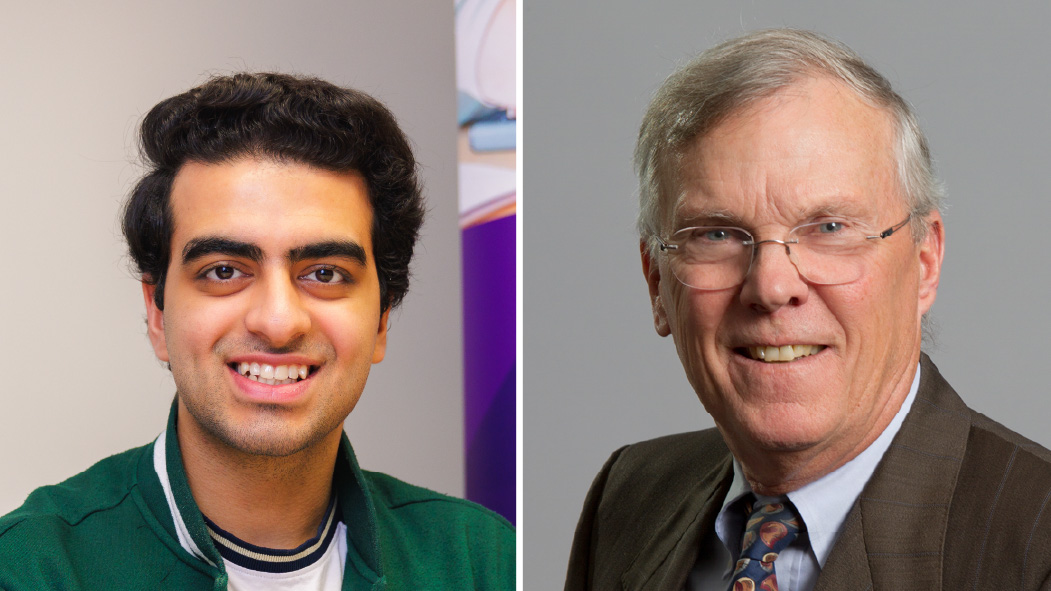
Overcoming stuttering to command the stage
Engineering student and extrovert Jayan Juneja was hampered by a speech impediment until he found ISTAR, a clinic based at the U of A. Juneja was able to access support through the ISTAR Client Assistance Program. The experience transformed his confidence and his ability to communicate effectively.
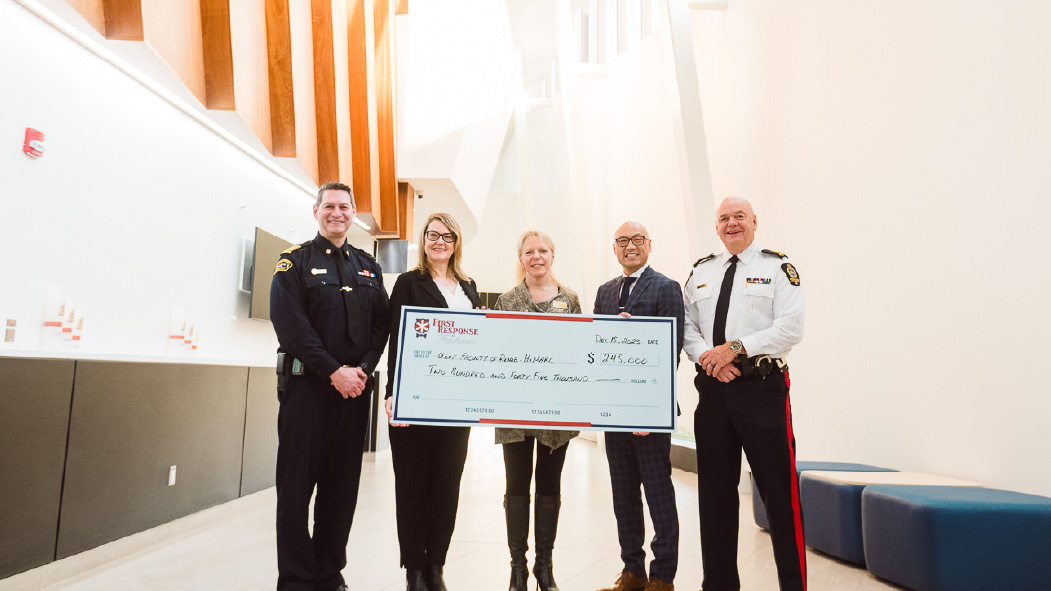
First Response to Fashion
Over the years, the First Response PTSD Foundation has been instrumental in facilitating access to groundbreaking virtual reality rehabilitation and research for first responders in Alberta through the Faculty of Rehabilitation Medicine’s Heroes in Mind, Advocacy and Research Consortium (HiMARC). This vital contribution has been made possible through the Foundation's annual fundraising event, First Response to Fashion.
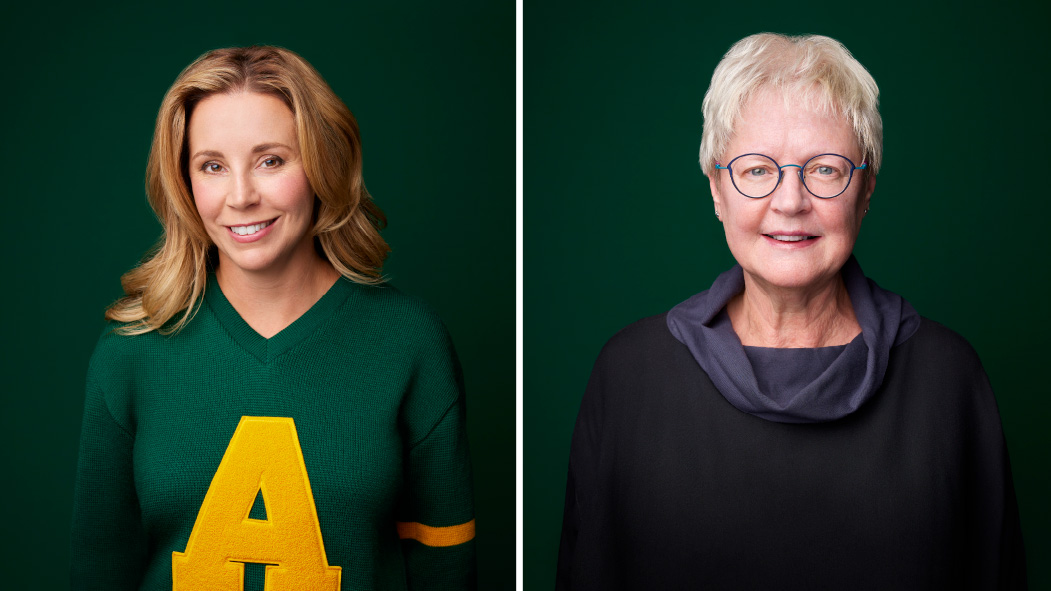
Alumni award recipients 2023
Sarah Joly excelled in both athletics and academics at the U of A. A key player in the 1990s success of the Pandas soccer team, she won multiple championships and national awards. Now an anesthesiologist and professor, she represented Canada at the FIFA Women’s World Cup.
Dianna MacDonald, a physical therapist, addressed the issue of incontinence by establishing a pelvic-floor clinic at Royal Alexandra Hospital. She educates students and physiotherapists at the U of A and mentors professionals in Canada and abroad. Her pioneering efforts have integrated pelvic-floor health into women’s health care.
Now more than ever, rehabilitation is essential to enhancing lives. Give to Rehab Med today.
Let Us Know
Did this report help you better understand the research, teaching and community impact of the Faculty of Rehabilitation Medicine? Share your feedback
This report highlights achievements from the Faculty of Rehabilitation Medicine’s 2024 fiscal year: April 1, 2023 to March 31, 2024
Contact
To support research, teaching and service in the Faculty of Rehabilitation Medicine, contact John Voyer, Assistant Dean, Development, Faculty of Rehabilitation Medicine at frmgive@ualberta.ca or 780-492-7400.
For general inquiries, contact frmcomms@ualberta.ca